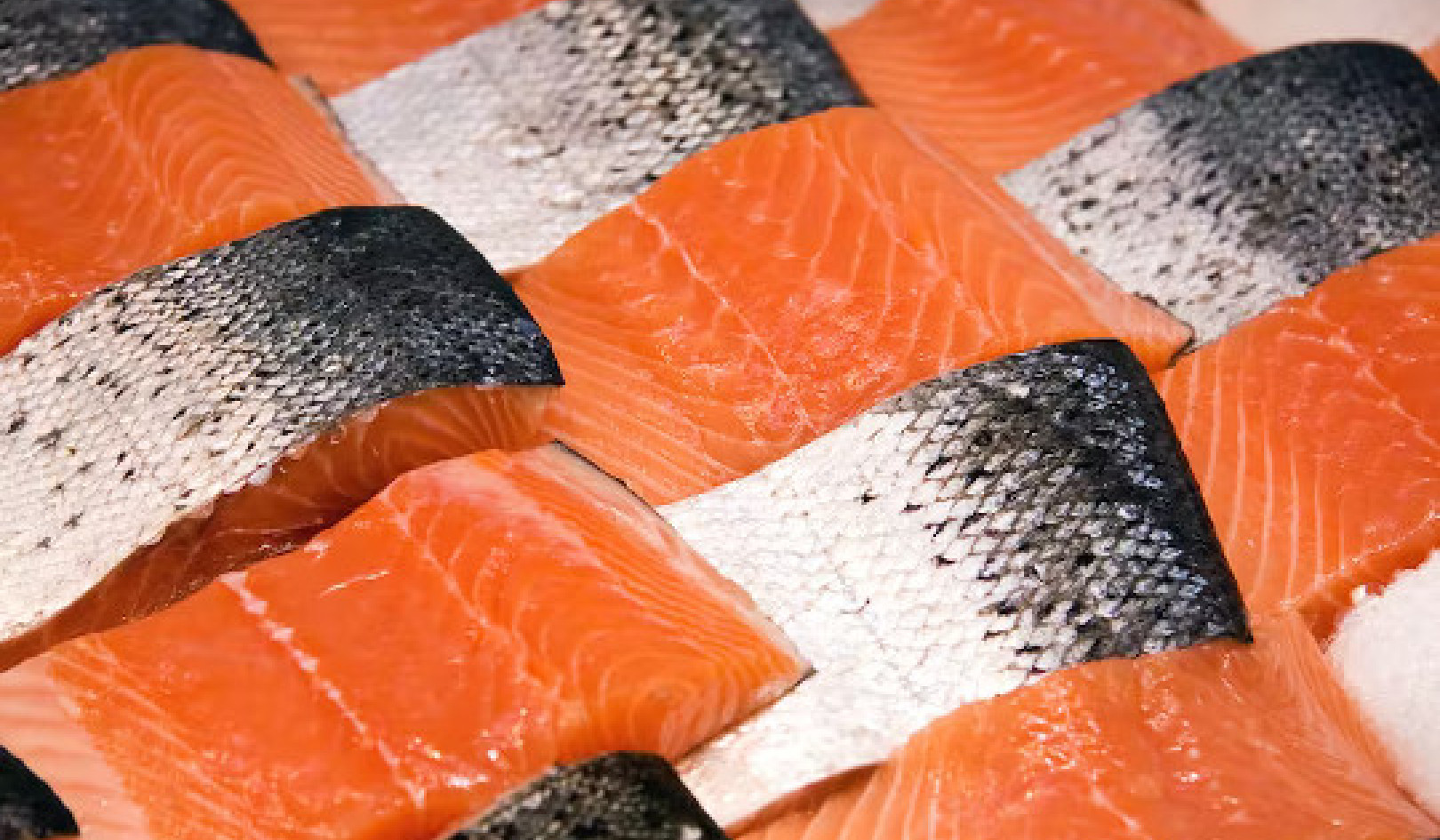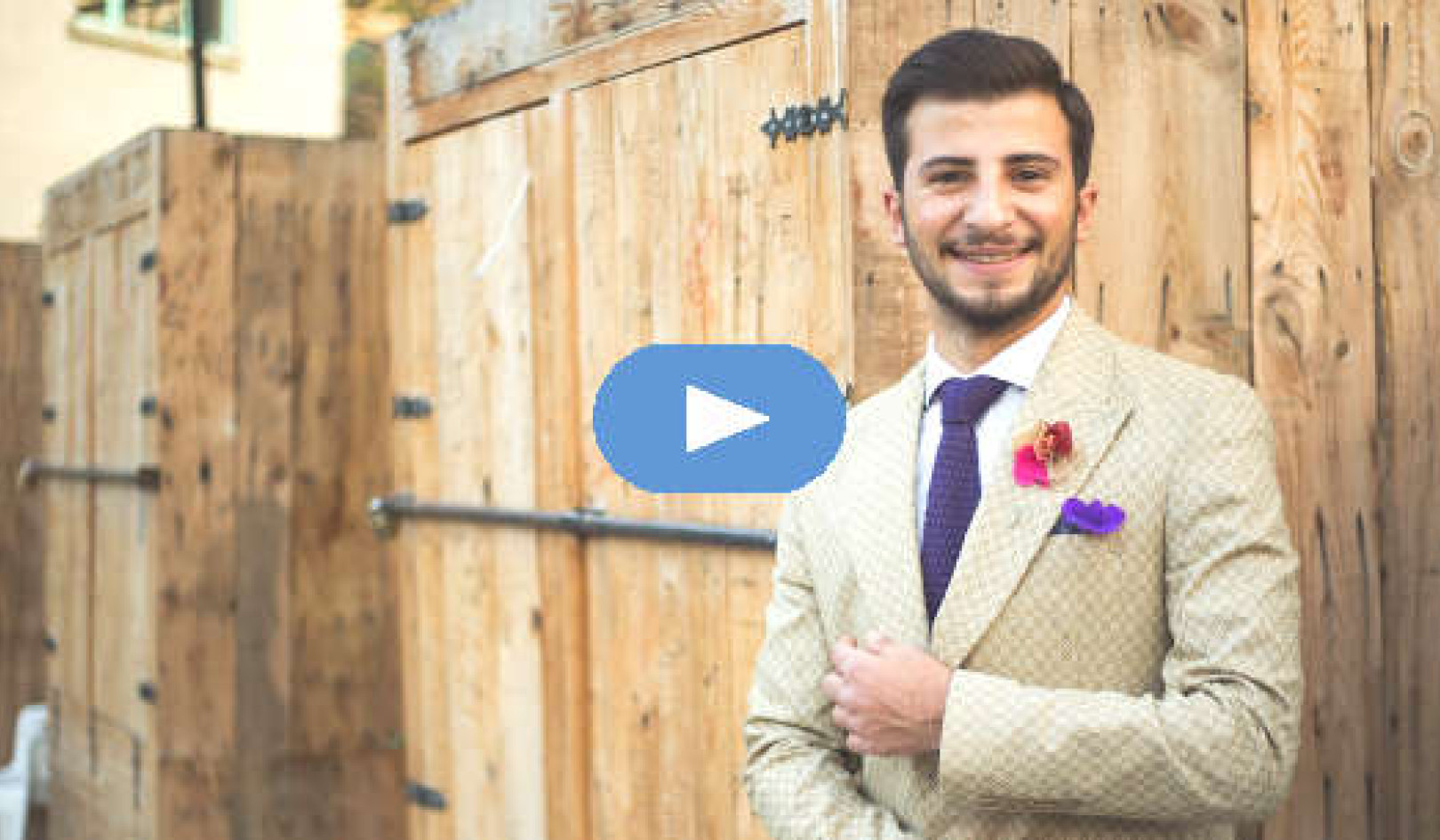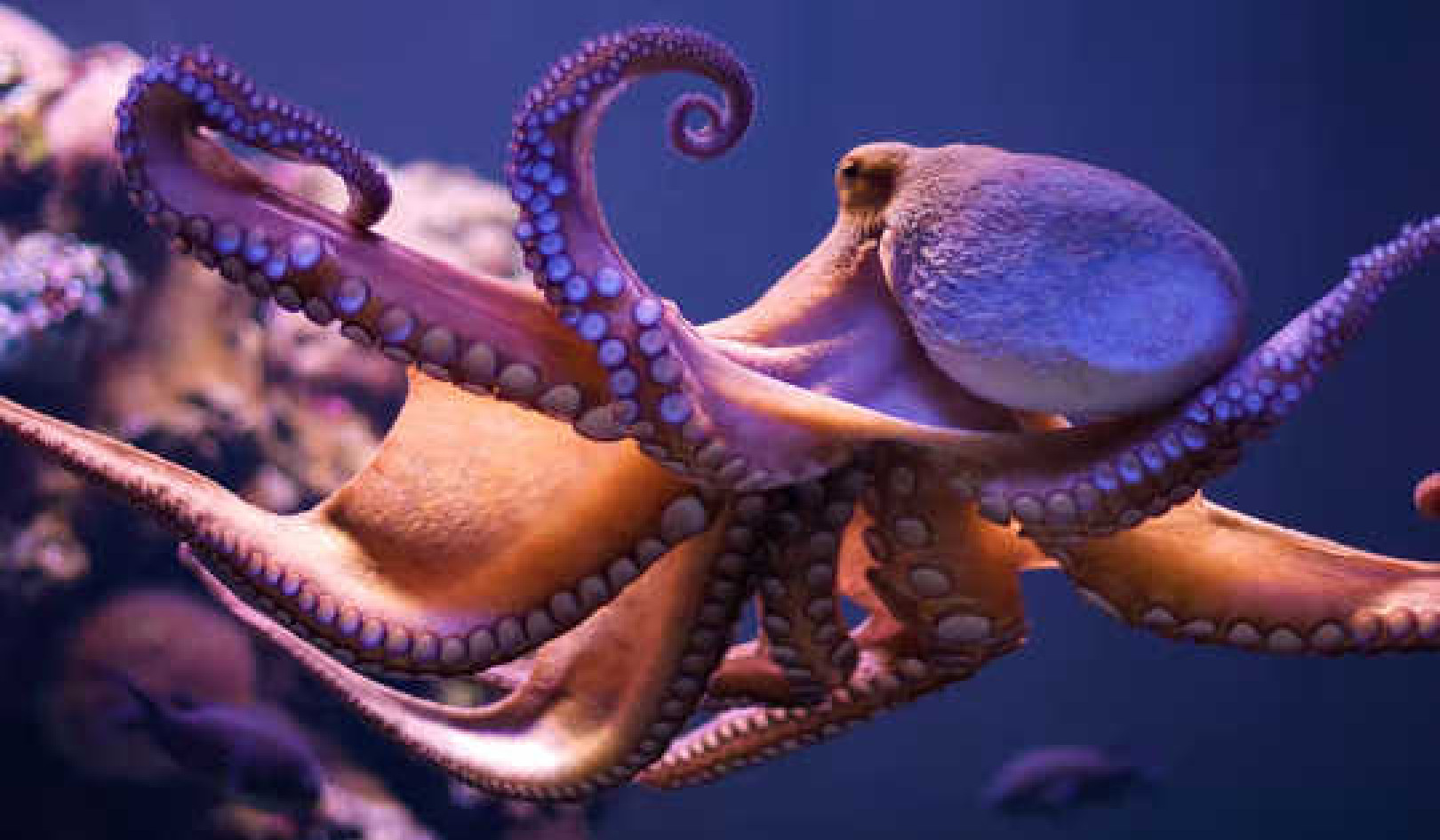
 f someone called you a "fool," how would you react? Would you feel hurt or upset? Perhaps you would refute that statement by saying you were not a fool! You are a rational, intelligent being... right?
f someone called you a "fool," how would you react? Would you feel hurt or upset? Perhaps you would refute that statement by saying you were not a fool! You are a rational, intelligent being... right?
Let's think about that word for a minute. What does being a "fool" mean to you? What were you told a fool was? Have you ever thought about it? Let's take a closer look.
And Mr. Webster, The Dictionary, Says...
Webster says a fool is: "a silly person; a jester." Upon looking up the word silly, I read, "having or knowing little sense or judgment." We know that to have sense or judgment one must be rational, logical, analytical -- and that may not leave much room for spontaneity, for fun, for joking and playing, does it? Again according to Webster, a jester is one who goes around joking and poking fun at things and people.
Maybe we have placed an incorrect value judgment on being a fool -- maybe foolishness could be a positive addition to our personality traits. Perhaps we need to start consciously being foolish. A good place to start would be to act more instinctively.
We can start responding to those inner promptings, those feelings, those childlike desires without having to analyze, judge, and ensure everything makes sense! Is it sensible to play in water puddles? Is it reasonable to blow bubbles, go skinny- dipping, dance around the house while naked, or sing in the shower? Maybe not to some of you, but I know we all enjoy these things (be honest now), or at least we did at some time in our life. They are a way of expressing ourselves fully, freely and naturally. To let go and give that carefree part of ourselves permission to come out and play is really and truly wonderful!
The Thinking Mode and the Playful Mode
 There is a time and place for everything. I'm not saying we need to jettison reason and logic. I'm saying that at the right time, it is quite OK to allow yourself to be foolish, silly, and playful. The logic and the silliness are both integral parts of us. The thinking mode and the playful modes are both important to our growth. To honor one and to reject the other is to reject the wholeness of our being.
There is a time and place for everything. I'm not saying we need to jettison reason and logic. I'm saying that at the right time, it is quite OK to allow yourself to be foolish, silly, and playful. The logic and the silliness are both integral parts of us. The thinking mode and the playful modes are both important to our growth. To honor one and to reject the other is to reject the wholeness of our being.
In our society, great importance has been placed on the rational, scientific perspective. While this focus has made possible great discoveries and much material advancement, at the same time it has not allowed much space for the wonder and joy of a child, the jumping up and down with excitement, the "silly" uncontrollable laughter, the 'purposeless' adventures.
Being Foolish: Living with Spontaneity and Playfulness
Let's revise our judgment of the statement, "You're being very foolish!" Foolishness is not wrong or bad. It is a letting go, trusting in the moment, and more significantly a divine enjoyment of the NOW. Let's honor all parts of us; the rational mind and the exuberant loving spirit and enjoy our life to the fullest! When we use every part of our being, we lead balanced lives. We work AND play, we reflect AND create, we give AND receive -- all of these are essential to our being.
Laughter and Joy are perhaps two elements we need to give more attention to. Let's give ourselves permission to be foolish... spontaneous and playful. Happy April Fool's Day, every day!
 Related Book:
Related Book:
Duck Soup for the Soul: The Way Of Living Louder And Laughing Longer
by Swami Beyondananda.
About The Author
 Marie T. Russell is the founder of InnerSelf Magazine (founded 1985). She also produced and hosted a weekly South Florida radio broadcast, Inner Power, from 1992-1995 which focused on themes such as self-esteem, personal growth, and well-being. Her articles focus on transformation and reconnecting with our own inner source of joy and creativity.
Marie T. Russell is the founder of InnerSelf Magazine (founded 1985). She also produced and hosted a weekly South Florida radio broadcast, Inner Power, from 1992-1995 which focused on themes such as self-esteem, personal growth, and well-being. Her articles focus on transformation and reconnecting with our own inner source of joy and creativity.
Creative Commons 3.0: This article is licensed under a Creative Commons Attribution-Share Alike 4.0 License. Attribute the author: Marie T. Russell, InnerSelf.com. Link back to the article: This article originally appeared on InnerSelf.com


























